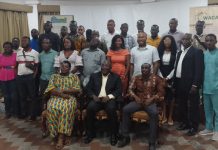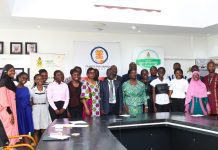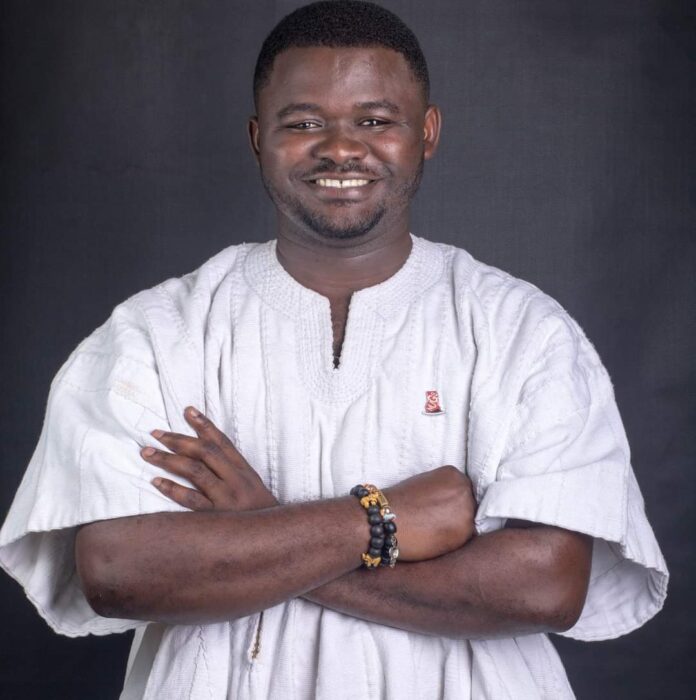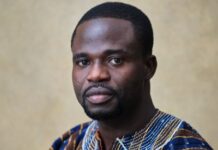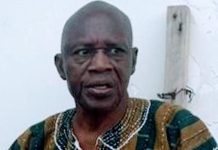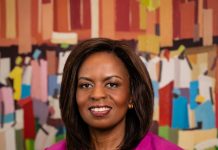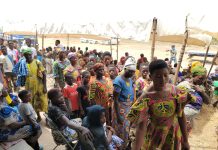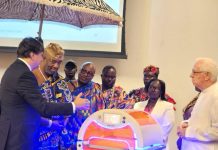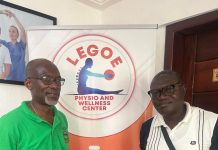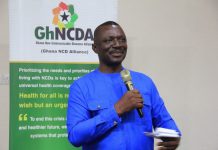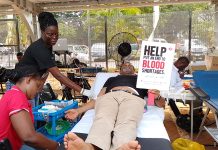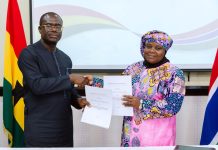“…Disability is an evolving concept and that disability results from the interaction between persons with impairments and attitudinal and environmental barriers that hinders their full and effective participation in society on an equal basis with others…”
Introduction
One of the issues that the world continues to deal with is that of disability which is very common and has posed a great challenge to quality living today, especially in developing countries of the world such as Ghana. Statistics show that a large number of the world’s population live with one form of disability or the other.
In fact, it is estimated that about a billion people in the world, being approximately fifteen (15) percent of the world’s population, live with some form of disability with an estimated eighty (80) percent being said to be from the developing world accounting for the poorest in the world. This makes disabled persons the largest minority group in the world who represent about one (1) in ten (10) of the world’s population.
Disability as a Global Phenomenon
Disability is a very diverse and global phenomenon which cuts across every nation of the world. Across the globe, the dynamic and multidimensional nature of the concept makes it difficult for there to be a singular meaning and understanding of disability in reality. As a result, many people living with disabilities have over the years, and even presently, “lived in deplorable conditions, and face physical and social barriers, which prevent their integration and full participation in the community.” Persons living with disabilities have consistently been excluded from several opportunities as a result of stigma and societal assumptions about their normality. These several millions of adults and children are thus made to live wretched and marginalized lives and are deprived some, if not all, of their rights. In reality, many are confined to live as second-class citizens of the world. Ghana’s situation is all the more deplorable!
A major contributing factor to the extent to which one would be deemed disabled is one’s interaction with the environment. Disability to some extent is believed to result from one’s interaction with the environment in a manner that the environment in itself raises barriers that have a hindering effect to one’s total participation and inclusion in the community. Without these negative impacts of the environment, there would be no difference between persons with disabilities and persons without disabilities as all classes of persons would not be hindered in any way in terms of how they relate with the environment and amongst themselves.
A Paradigm Shift
Notwithstanding all the negatives that has persisted for long, industrialized countries since the 19th and 20th centuries have made great progress to differentiate between disabled and non-disabled people by developing social policy responses to address the problems faced by those with impairments. Admittedly, the situation worldwide has improved since the late 1970’s when the activities of human rights activists and movement organizations led to an international acceptance of the concept of human rights for persons with disabilities being reflected in a shift from the medical model of disability to the recognition and acceptance of the social and human rights model of disability in societies around the world.
This culminated in the ratification of the United Nations Convention on the Rights of Persons with Disabilities (UNCRPD) which is one of the most rapidly ratified human rights treaties in history. The shift to the human rights paradigm guarantees that all persons currently living with disabilities are to be recognized for their various potentials so as to ensure that at all cost they are offered the appropriate avenues through which they develop their latent talents. The situation of persons with disability in Ghana is not any better and is probably amongst the worst in the world. Ghana has been home to several instances of abuse, neglect, degrading and cruel treatments of persons with disabilities. Persons with disabilities living in Ghana are very marginalized and faced with so many barriers which need to be rectified. There are so many cultural, economic, social and political barriers that persons with disabilities face which paints a dim picture of Ghana about the situation of persons with disabilities, more unpleasant than other countries of the world.
Developing Together: Leveraging on the SDGs to leave no disabled person behind
After the expiration of a fifteen (15) year period set by the United Nations (UN) within which countries were to strive towards achieving certain goals called the Millennium Development Goals (MDGs), little was achieved in Ghana, and also the world at large, with respect to the plight of persons with disabilities. Many have argued that this may have been the case because disability rights and issues were in no way mentioned or made a goal for which nations were to strive to attain. Thankfully, in 2015, the UN adopted the 2030 Agenda titled the “2030 Agenda for Sustainable Development”. These are meant to build upon and broaden the scope of the earlier MDGs through the adoption of certain goals and targets with the hope of eventually marking a shift towards achieving a sustainable development which would specifically take into consideration the plight of persons with disability. This has led to heightened enthusiasm of persons with disabilities and disability focused organizations to work towards seeing an all-inclusive society where no one is left behind.
Ghana has another opportunity backed by international support to better the lives of persons with disabilities as well as create an enabling environment for such persons to co-exist with others who have no disability whatsoever. The SDGs serve as a golden opportunity for ensuring inclusivity for all persons with disability. The law and the enforcement agencies in Ghana have a major role to play in ensuring that these goals are achieved and indeed no one is left behind. Just as the SDGs suggest in Goal 17, in order to achieve Agenda 2030 where no one is left behind, Ghana must be willing to collaborate and partner with international organizations and other civil society organizations.
Collaboration in the first place would enable Ghana to benefit from the innovative ways that can be adopted in order to realize an efficient protection environment for persons with disabilities. It would also create a platform for information sharing and exchange of best practice mechanisms that would help Ghana advance from its current appalling situation regarding the disabled. The collaboration extends to even partnership with the disabled persons themselves. Through meaningful collaboration, a lot of focus would be directed at training and capacity building initiatives for Ghanaians in order to make them aware and understand issues relating to disability.
Conclusion
Together, the Government of Ghana as well as the collaborating partners would be able to create awareness and increase advocacy on disability issues. The values and belief systems of many Ghanaian communities really need to be changed in order for there to be success so as to leave no one behind. With the limited resources available in order to launch education, advocacy and awareness creation campaigns, partnership both locally and international is inevitable and a step in the right direction. This partnership would aid in combatting stereotypes and prejudices about disabled persons through the maintenance of efficient public awareness and education campaigns and would pool resources together to that end. The partnerships would contribute to the “bottom-up” implementation of the CRPD through the opportunity to collectively learn and design interventions that can be implemented over the course of time with much urgency in order to ensure inclusion.

